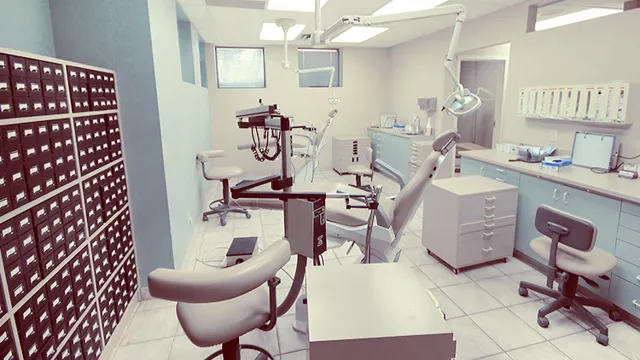Anaesthetist Training - CPD Accredited 3 Courses Bundle
Training Express Ltd
3 Courses Bundle | CPD Accredited | Free PDF & Hard Copy Certificate included | Free Retake Exam | Lifetime Access
- Online
- 14 hours · Self-paced
- Certificate(s) included
- 30 CPD points
- Tutor support
Great service
✩ Trusted by Over 10K Business Partners & 1 Million Students Around the World! ✩ This Anaesthetist Training - CPD Accredited 3 Courses Bundle provides you with the required knowledge and skills to achieve a rewarding career in a rapidly growing industry. By enrolling today, y
…





